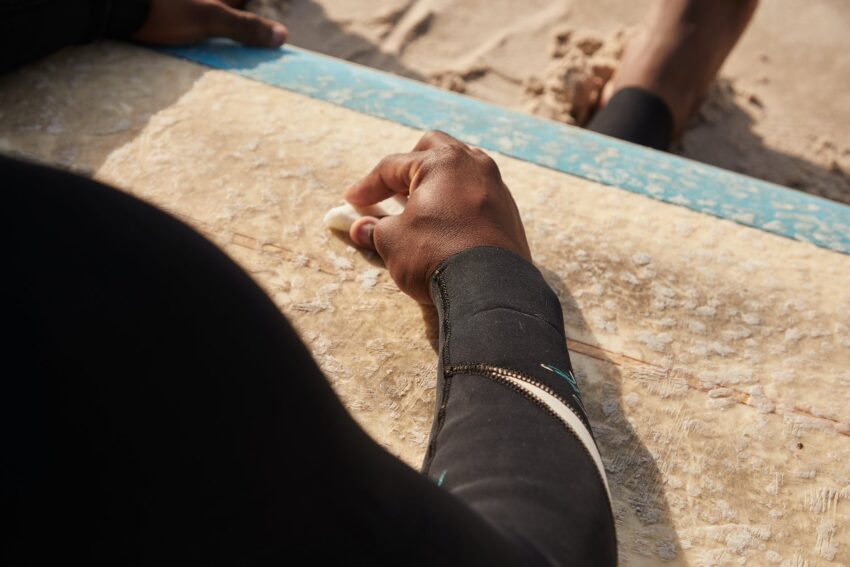Ayahuasca, a traditional Amazonian plant medicine, has gained popularity and interest among Western well-being seekers and alternative medicine practitioners looking to embark on a spiritual journey. Despite its potential healing and therapeutic properties, taking Ayahuasca can come with risks that are often ignored or underestimated.
To begin, Ayahuasca is a brew made from the leaves of the Psychotria viridis shrub and the stalks of the Banisteriopsis caapi vine. This powerful, often-psychedelic concoction is central to indigenous Amazonian shamanic practices, where it has been used for centuries in spiritual and religious ceremonies as a tool for healing, guidance, and self-exploration. The ayahuasca ceremony is usually a night-long experience governed under the supervision of a shaman who carefully guides the participant towards a profound spiritual awakening.
However, taking Ayahuasca can also raise concerns over its safety and adverse effects on both physical and mental health. Some individuals may find the intensity of the experience and potential side effects outweigh its potential benefits.
A key risk associated with Ayahuasca use is related to its psychological effects, which can lead to intense hallucinations and extreme emotional states. Although some might recognize these states as part of their spiritual journey, these experiences could be traumatic or trigger underlying mental health issues for others. Moreover, there have been drug-induced psychosis cases and cases of individuals experiencing symptoms of PTSD post-Ayahuasca ceremonies. It is crucial to consider one’s mental health history and potential susceptibility to such effects before taking part in an Ayahuasca ceremony.
Another risk factor comes from the purification process, during which participants may experience severe vomiting and diarrhea. Although seen as a necessary part of the Ayahuasca experience by many practitioners, this purification process could lead to severe dehydration, electrolyte imbalances, and other complications, especially among vulnerable individuals with pre-existing health conditions.
Additionally, the actual safety of Ayahuasca largely depends on the quality of the brew and the credibility of the shaman. Traditionally, the role of the Shaman is crucial in guiding and protecting the participant during the Ayahuasca experience, and their experience and knowledge significantly impact the ceremony’s outcome. Unfortunately, the Ayahuasca tourism industry’s rise has led to unqualified or inexperienced individuals posing as shamans, resulting in unsafe practices and putting participants at risk.
Furthermore, Ayahuasca can interact with several medications, leading to potentially life-threatening situations. These interactions could be fatal, particularly when mixed with selective serotonin reuptake inhibitors (SSRIs) or other antidepressants. In some cases, these interactions could lead to serotonin syndrome, a life-threatening condition marked by confusion, agitation, elevated body temperature, and increased heart rate. Participants should seek medical advice and disclose any medications or supplements they take before participating in an Ayahuasca ceremony.
Also, there have been reported incidents of sexual assault and misconduct by shamans during Ayahuasca ceremonies. The vulnerability induced by the hallucinogenic state of mind during the ceremony provides an opportunity for abuse. It is crucial to seek community reviews and testimonials and thoroughly research the ceremony provider to mitigate this risk.
Finally, it is essential to acknowledge the legal risks when considering Ayahuasca consumption. Although Ayahuasca is used traditionally and legally in several South American countries, it remains a controlled substance in various places worldwide. Make sure to verify the legality and regulations specific to the country or region where the ceremony takes place.
Taking Ayahuasca may provide a deeply transformative and profound spiritual journey for some, but the risks involved should not be ignored or downplayed. Participants should diligently research and assess their personal mental and physical health history and carefully choose a reputable, experienced shaman to conduct the ceremony. While there can be immense value and healing in the Ayahuasca experience, staying informed about the potential risks is vital to ensure a safe and positive spiritual exploration.
